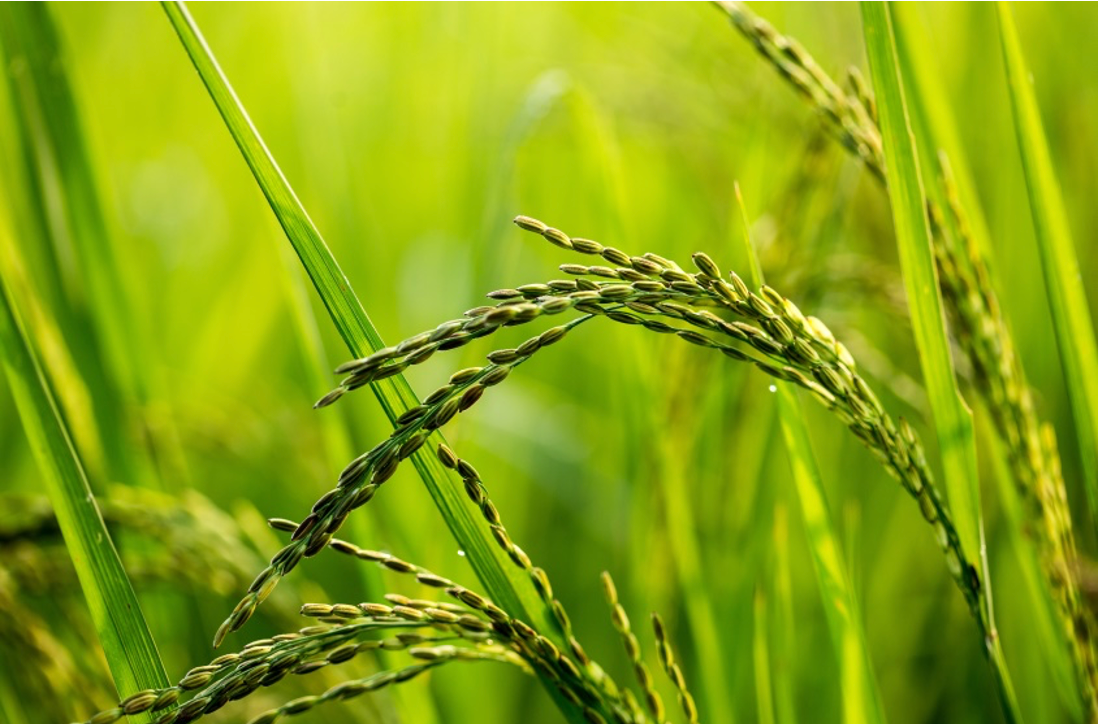Kappakar paddy variety is usually cultivated in clayey soil as a dry sown crop during the Samba (July – January) season. The duration of this crop is 5 months. More than 30 farmers have been conserving seeds of this variety in Thiruvanaikovil village of Thirukazhukundram block for more than three generations. When we interviewed the farmers as to why they conserved this variety, they reported the following –
Every year we cultivate Kappakar variety as a dry sown crop in about 50 acres. This variety can tolerate drought. It can also withstand floods. The incidence of pest attack is quite low. Altogether, the cost of cultivation is very low. Hence we cultivate this variety every year.
During the Samba season (August – January) of this year (2002), our villagers had sown Kappakar as a dry crop in about 50 acres of land. Some farmers had sown a high yielding variety called White Ponni as a dry sown crop. Since there was no rain for 2 months subsequent to sowing, the crops withered. As soon as it rained, the Kappakar crop recovered and turned green. On the other hand, the Ponni crop did not recover. The average yield is about 16 – 18 bags per acre. The rice of this variety is ideal for making idli and dosa. It also tastes good if the cooked rice is left overnight and then consumed. The hay of this paddy variety is also a good fodder for the cows.
Source : S. Varadharajan, Sankar, Krishnan, Manickam, Thiruvanaikovil,
Ozhalur (P.O.), Thirukazhukundram block, Kancheepuram district.
Note : We had personally visited the fields of these farmers. It was quite surprising to note that Kappakar paddy variety remained green even in extreme drought conditions.


